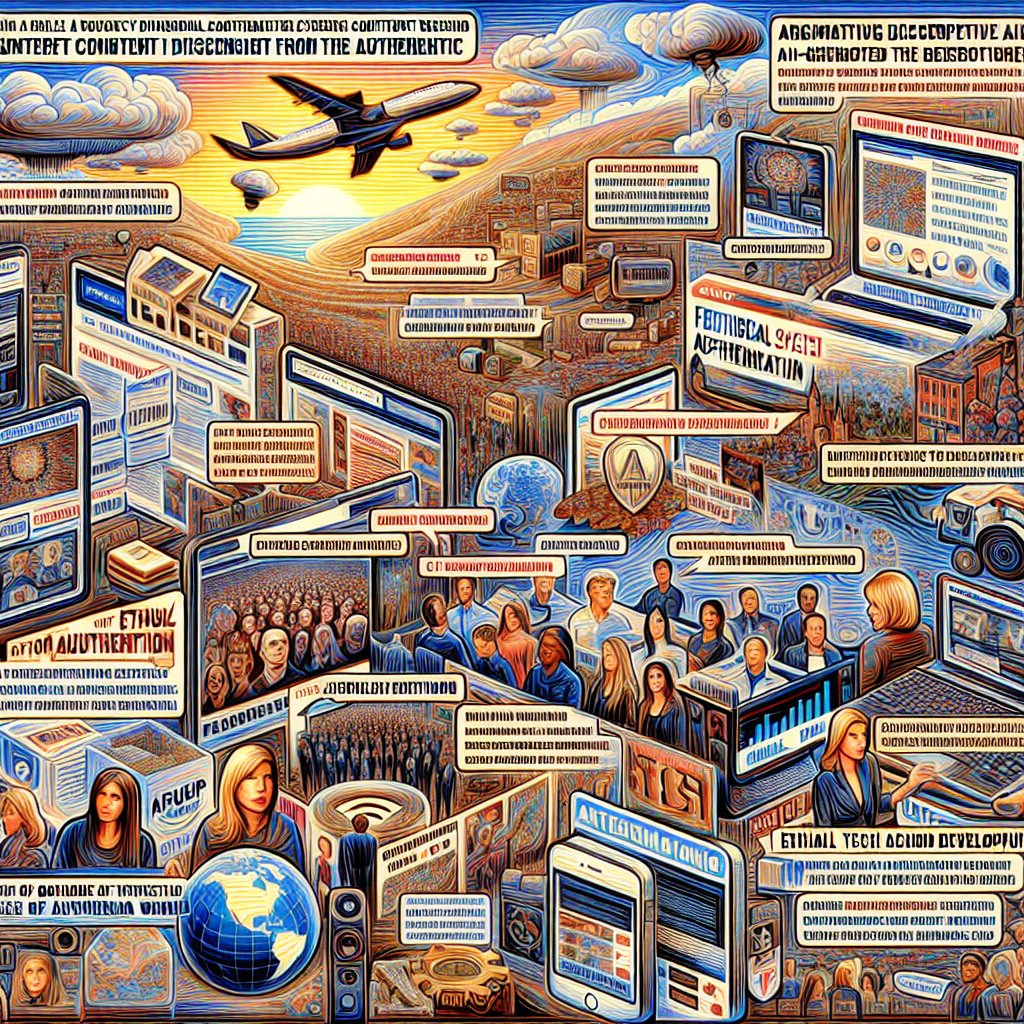Image: AI generated for illustration purposes
Combating the Fake Content Epidemic: A Call for Tech Intervention
As the digital landscape becomes increasingly saturated with counterfeit content, distinguishing authentic material from fabricated narratives poses a formidable challenge to individuals and societies worldwide. This dilemma extends beyond mere inconvenience, as fraudulent schemes cleverly manifested through AI-generated videos and audios slyly deceive countless netizens, even those considered perceptive and shrewd. The recent exposure to bogus investment opportunities masquerading under the guise of reputable personas and news outlets underpins the urgency of this predicament. The era where tech businesses could remain passive bystanders has elapsed, prompting an imperative shift towards proactive engagement.
It has grown evident that the spectrum of harm stemming from fictitious content demands robust, systemic responses that transcend personal vigilance. The envisioned countermeasures entail an evolution akin to an operating system upgrade. Manufacturers of digital devices are beckoning a call to arms, implying a shared responsibility to embed authenticity verification mechanisms within their creations.
The envisioning of a digital utopia where verified identities and trust signals permeate the online milieu underscores the envisaged solutions. Registration of users on digital platforms might evolve from optional to mandatory, with authenticity indicators ensuring a curated stream of dependable information for the community.
This tumultuous state of affairs has unwittingly birthed an exclusive niche for technological innovators. The possibility of sophisticated browsers adept at discerning veracity from deception heralds a future where access to authenticated content could carry a premium. Nevertheless, the mere existence of a price tag is insufficient as a stand-alone deterrent to the misinformation plague. More rigorous, perhaps even draconian, digital governance might become the order of the day.
Until such advancements attain ubiquity, the digital realm beckons the emergence of more entities committed to filtering truth from falsehood. In certain polities, these preventative measures are already in motion, addressing potential harm through regulation and oversight. Scholars and moralists have contributed to this ethos, advocating for grounded principles, as seen in the Montreal Declaration for the Responsible Development of Artificial Intelligence and similarly spirited guidelines from entities like the Organisation for Economic Co-operation and Development.
The Partnership on AI, augmented by leading industry contributors, champions a shared discourse on ethical methodologies, its efficacy subject to scrutiny and debate. In parallel, calls for sovereign states to erect dedicated apparatuses against disinformation grow louder - a testament to the international recognition of this escalating threat.
These strategies, coupled with a rising public consciousness regarding the perils of deceitful content, might offer a bulwark against the specter of perilous online ruses that loom over the modern internet user.










